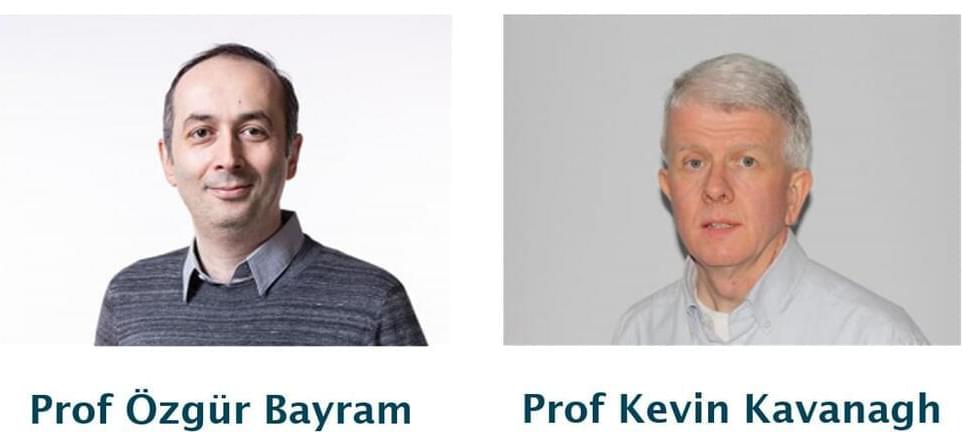In a significant step toward creating a sustainable and circular economy, Rice University researchers have published a study in the journal Carbon demonstrating that carbon nanotube (CNT) fibers can be fully recycled without any loss in their structure or properties. This discovery positions CNT fibers as a sustainable alternative to traditional materials like metals, polymers and the much larger carbon fibers, which are notoriously difficult to recycle.
“Recycling has long been a challenge in the materials industry—metals recycling is often inefficient and energy-intensive, polymers tend to lose their properties after reprocessing and carbon fibers cannot be recycled at all, only downcycled by chopping them up into short pieces,” said corresponding author Matteo Pasquali, director of Rice’s Carbon Hub and the A.J. Hartsook Professor of Chemical and Biomolecular Engineering, Materials Science and NanoEngineering and Chemistry.
“As CNT fibers are being scaled up, we asked whether and how these new materials could be recycled in the future so as to proactively avoid waste management problems that emerged as other engineered materials reached large-scale use. We expected that recycling would be difficult and would lead to significant loss of properties. Surprisingly, we found that carbon nanotube fibers far exceed the recyclability potential of existing engineered materials, offering a solution to a major environmental issue.”






